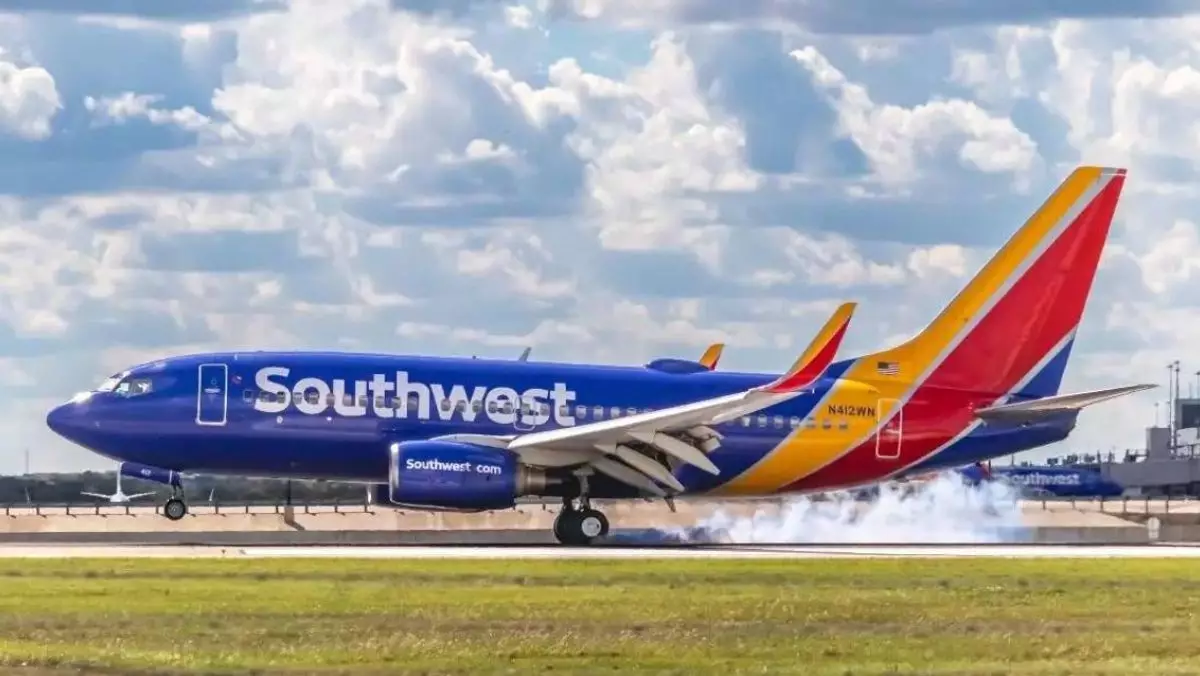Southwest Airlines has recently announced significant changes to its board of directors, reflecting a strategic shift aimed at enhancing its operational oversight and governance. The newly appointed chair, Rakesh Gangwal, is no stranger to the airline industry. As a co-founder of IndoGo, India’s largest airline, and a former CEO of US Airways, Gangwal brings a wealth of experience that Southwest aims to leverage. His appointment comes in response to pressures from Elliott Investment Management, a prominent activist investor advocating for greater airline expertise on the board.
Elliott Investment Management’s involvement in Southwest’s governance marks a critical moment in the airline’s evolution. The firm, which acquired an 11% stake in the airline earlier this year, pushed for board members with an extensive background in the aviation sector. The rationale was clear: a seasoned board could better navigate the complex challenges that airlines face in a competitive marketplace. Gangwal’s expertise aligns well with these objectives, providing Southwest with an opportunity to inject fresh insights into its operations while appeasing investor concerns.
While the appointment of Gangwal signifies a move toward a more experienced leadership, the composition of the board’s committees also deserves attention. Key committees will be chaired by individuals whose appointments were influenced by Southwest’s existing leadership, suggesting a blend of fresh perspectives and institutional knowledge. For instance, Lisa Atherton of Bell will oversee the compensation committee, while former Brinker CEO Douglas Brooks will lead the audit committee. David Hess, the former CEO of Arconic, remains at the helm of the safety and operations committee, ensuring continuity in critical areas of the airline’s operations.
The restructuring of the board was not without its challenges. Elliott Investment Management had initially threatened a proxy fight to push for its recommendations, which led to negotiations that ultimately resulted in the current board composition. The creation of a finance committee, chaired by ex-WestJet CEO Gregg Saretsky, directly reflects the influence of Elliott’s strategic priorities. This arrangement signifies a pragmatic approach to governance, safeguarding against potential disruptions while maintaining a focus on financial performance.
Southwest’s revamped board, now comprising five members added in agreements with Elliott and eight who were already onboard or appointed by existing leadership, illustrates a balanced approach. This combination is critical for fostering resilience in governance, particularly in an industry characterized by volatility. The presence of seasoned industry veterans alongside committed existing members positions Southwest to respond effectively to market shifts and operational challenges.
The strategic reconstitution of Southwest Airlines’ board of directors symbolizes a proactive response to both internal needs and external pressures. By aligning influential industry expertise with established leadership, Southwest is poised to enhance its oversight and drive long-term value for its stakeholders. As the airline navigates through evolving market conditions, this board transformation may prove to be a crucial step in solidifying its competitive edge in the airline industry.

